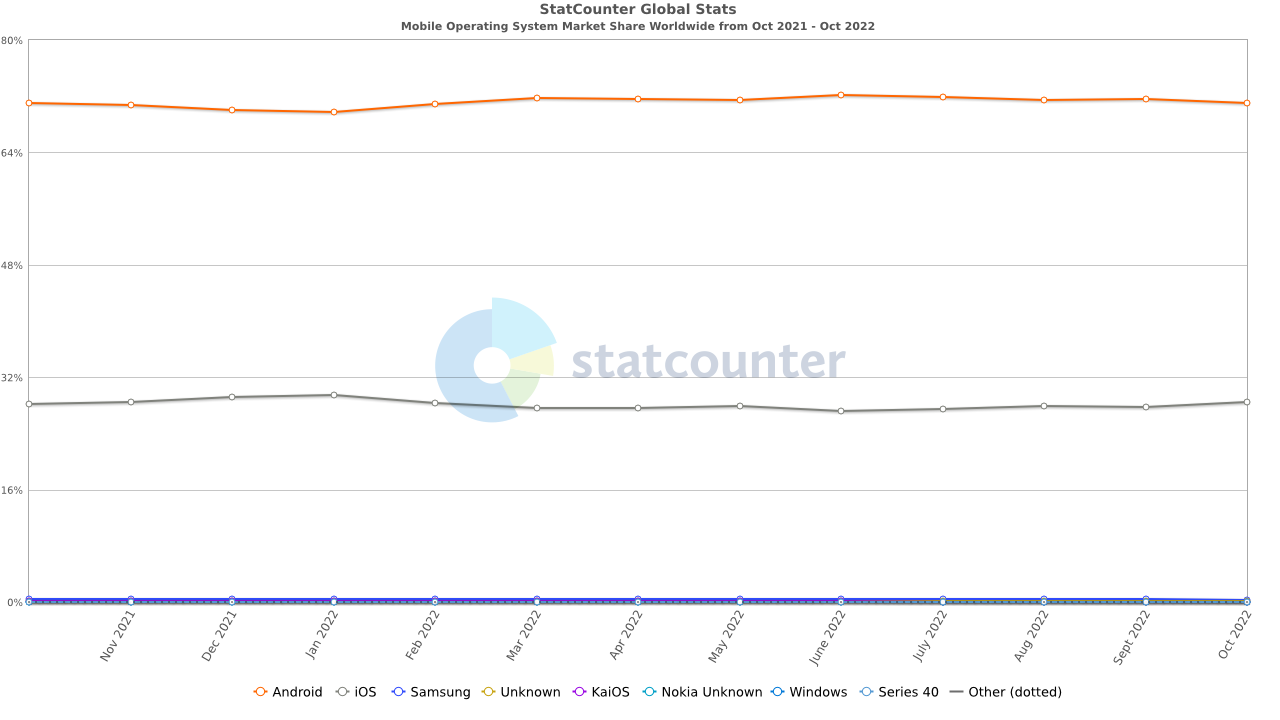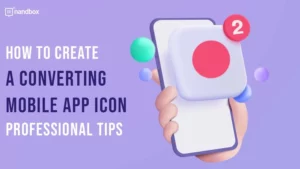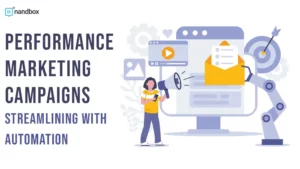If you’ve never built a mobile app before, you won’t know that coming up with an app idea is the easy part. Which isn’t to say that app ideas pop into existence fully formed. But there are many other things you need to consider before you start turning the idea into a finished product. And they require more effort than your initial premise.
Knowing how you are going to create the app is important. But there are ways to approach this that don’t require any hard development skills. nandbox stands out amongst the multitude of mobile app builder platforms. Because it is the only one that allows you to create a native app. And you can do this—and add hundreds of fantastic features—without any coding.
But before you get ahead of yourself, first spend time working through this list of things you need to consider.
What Is the Purpose of Your App
Creating an app without first defining its purpose is like going on a treasure hunt without a map or clues. Any success would likely be down to pure luck rather than skill. Simple questions such as:
- What problems or pain points bother my target audience?
- How would my app solve these problems?
- How would my app benefit me?
- How would my app differ from competitors and similar apps?
- Will my app differ from my website?
These are great ways to start off. Answering these questions will keep you focused on the core concept (and features) of your app. It is important to remember that your app needs to benefit users by solving a problem they have. Or at least making it easier to manage. But it also needs to benefit you or your business in some way. And you need to know how you are going to measure that impact on your business.
Who Your Audience Is
It should go without saying that you need to spend a considerable amount of time researching your audience. But it is easy to become a little too excited by your idea and the thought of creating an app. There’s nothing wrong with being excited; if it doesn’t override your judgment and affect your audience research.
Understanding the problems your target audience experience is a huge part of defining the purpose of your app. And it needs to carry through to researching your audience. You need to confirm that your app will solve the problem(s) faced by your target audience. But you also need to establish that enough of them are likely to install and use your app.
Creating a mobile app can demand a lot of resources. And you need to be sure that there is a large enough audience to justify this. You also need to understand the best ways to reach your target audience to market and promote your app. Where do they spend their time online? If they are already using a competitor’s app, what do they like and dislike about it? What would it take for them to switch to using your app?
How Will Creating an App Benefit You
It would be quite noble of you to create an app that only benefits users. But the reality is that there needs to be a symbiotic relationship between your business and your app users. The underlying benefit you would want is an increase in revenue. How the app helps you achieve this depends on the features of the app.
An e-commerce app very obviously drives sales and revenue. But an app can still achieve this even if users can’t make a purchase through the app. Your app can promote brand awareness, encourage loyalty, and, most importantly, you can use it to market directly to your audience. Instead of stating an app will boost revenue, map out how it will do this. Doing so will also help you discover hidden or overlooked benefits.
If you’re a co-owner of a business, you need this information when selling the idea to the other owners. But it is also necessary for you to be able to measure the success of the app. Having hundreds or thousands of daily users doesn’t mean your app is successful. What matters is that you are able to link those users to an uptick in sales.
What Platforms Will It Support
The two dominant platforms for mobile apps are iOS and Android. But while some apps benefit from being available on both, it isn’t essential. Apps that appeal to—and are marketed to—a global audience obviously need to be on both platforms. All other apps need to be on the platform used by their target audience.
Android very obviously dominates the global market, while iOS is dominant in specific markets such as North America and Oceania. If your target audience is hyperlocal, the dominant OS could be quite different from that of the country. Pay attention to how big the difference is between iOS and Android users in your target audience. If more than 80 percent of them use the same operating system, you could create your app for that platform only. But where the difference is narrower, you risk alienating too much of your audience by developing for one platform only. Just remember that creating an app for both iOS and Android requires more resources.
How Will You Go About Creating an App
Gone are the days when you needed to know how to code an app yourself or hire someone to do it. Hiring someone could either mean employing a full-time development team or hiring a freelance app developer. Or it could mean outsourcing it to an app development agency. These are all still viable options, but they are no longer your only options.
There are now a number of app-building platforms that allow you to create an app yourself. Some might require a bit of technical knowledge, while others allow you to create a no-code app without any technical skill.
There are advantages and disadvantages to each method. So, you need to carefully consider which approach is going to be best for you. What you need to remember here is that work on your app doesn’t end once you publish it. There is always a need for maintenance and minor and significant improvements. And how you create your app will determine how easy it will be to maintain and improve.
With nandbox, you can create a native mobile app in minutes with no coding background. This doesn’t mean being limited to the features you can include. Choose from hundreds of powerful features and drag and drop them to add them to your app. And you can get started right now, no credit card is required.
Creating an app can be a rewarding and exciting experience if you approach it with the right mindset. However, it does come with a lot of challenges and pitfalls, which can make it seem daunting. Take the time to consider the things we’ve talked about above, and you can create an app that’s successful and sustainable.







